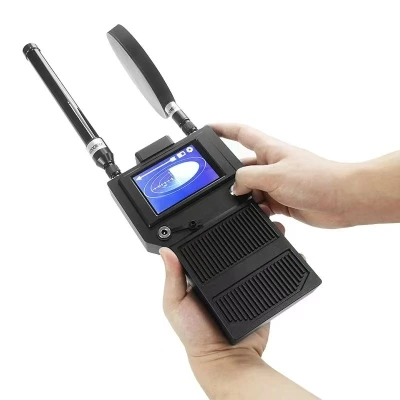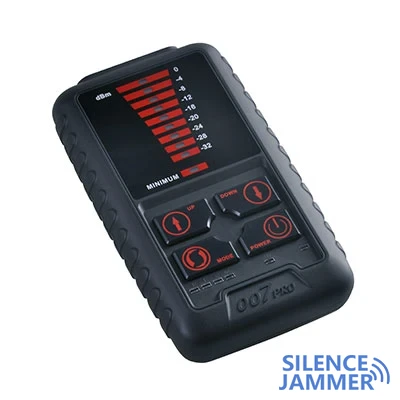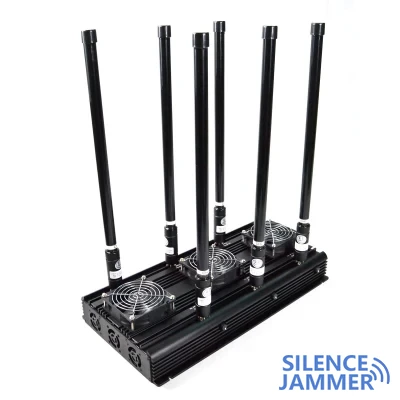Russian military faces drone attack dilemma
In recent conflicts, the Russian military has faced serious drone attack losses, one of the reasons being that the signal blockers they use have serious technical flaws. These problems not only greatly reduce the effectiveness of the signal jammer devices, but also lead to increased losses on the battlefield.
Jammer design flaws expose performance problems
According to Forbes Japan, some Russian military jammers have extremely limited effectiveness due to serious design and manufacturing flaws. These jammer devices heat up quickly after startup, reaching a "blast furnace" state, making the equipment not only unable to effectively interfere with the radio link of enemy drones, but also damaged by overheating. This overheating problem is closely related to the improper design of the blocker jammer's cooling system. Its main cooling device is only a simple fan, and the fan has no air inlet and outlet, which causes the heat generated by the jammer device during operation to be unable to be effectively discharged, further exacerbating the overheating problem.
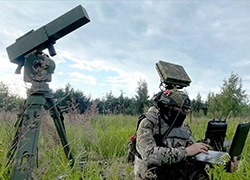
In addition, the blocker also has serious problems in structural design. First, the antenna direction is improperly set. The antennas of many FPV drones (first-person perspective drones) are fixed above, and these drones usually attack from the side. The fixed antenna cannot effectively capture the signals of these drones attacking from the side, which reduces the actual effect of the jammer equipment. This design omission makes the jammer device seem powerless when facing drone attacks from multiple angles.
The size and weight of the signal jammer are also one of its defects. Many users reported that the handle of the jammer is easy to break during use, making it difficult to operate. The weight and size of the equipment make it very inconvenient to use on the battlefield, which in turn affects its combat effectiveness.
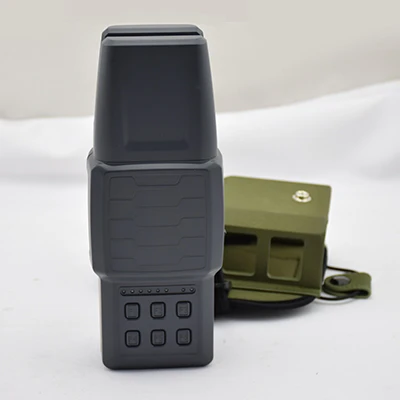
Jammer defects exacerbate Russian losses
Some analysts pointed out that these Russian signal jammers performed poorly in combat, resulting in heavy losses for the Russian army when facing Ukrainian suicide drones. These signal jammers not only failed to effectively prevent drone attacks, but also faced additional operational difficulties and safety hazards for users due to their own design defects. Some critics even described these jammers as "fatal failures", believing that they not only fail to provide the expected protection, but may also exacerbate dangers on the battlefield due to improper design and quality problems.
In this situation, the Russian army urgently needs to improve its signal jammer technology to cope with the increasingly severe threat of drones. Improving the design level of the jammer device, strengthening its cooling system, improving the antenna direction, and improving the durability of the equipment are all necessary improvement measures. In addition, rationally evaluating and improving the actual use effect of the jammer is of great significance to ensuring battlefield safety and reducing losses.



